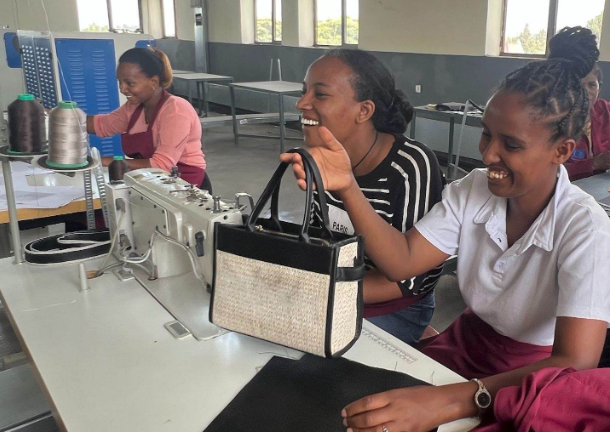The United Nations Industrial Development Organisation (UNIDO)’s Leather Initiative for Sustainable Employment Creation (LISEC) project is celebrating its successes in Ethiopia, where it sought to tackled gender inequality around Modjo city, a leather industry hub.
Its analysis previously found an underrepresentation of women in leadership positions, unequal access to resources, especially financial incentives and trainings, as well as poor reporting mechanisms for workplace safety and gender-based violence (GBV).
In response, six key recommendations emerged, including improving women’s retention and promotion, supporting women- and family-friendly environments, and preventing GBV.
Targeted actions included GBV awareness campaigns, maternity/paternity leave, childcare support and direct backing for women-led businesses.
Addis Ababa Abattoir Enterprise promoted women to 60% of department leadership roles, provided training and coaching for women and set up daycare facilities to support working parents.
Women’s sick days plummeted to nearly zero with the introduction of childcare and flexible breast-feeding time, while employment and education opportunities expanded.
Another key component of the project's success was supporting micro, small and medium-sized enterprises (MSMEs) in the leather value chain, with 70% of the targeted MSME members women. Additionally, not only was gender parity achieved within the Ethiopian Leather Industry Association’s board, but the project's Gender Action Plan was also adopted.
UNIDO concluded: “LISEC’s success serves as a model for fostering gender equality and sustainable employment in Ethiopia’s leather industry and beyond.”
Photo credit: UNIDO
